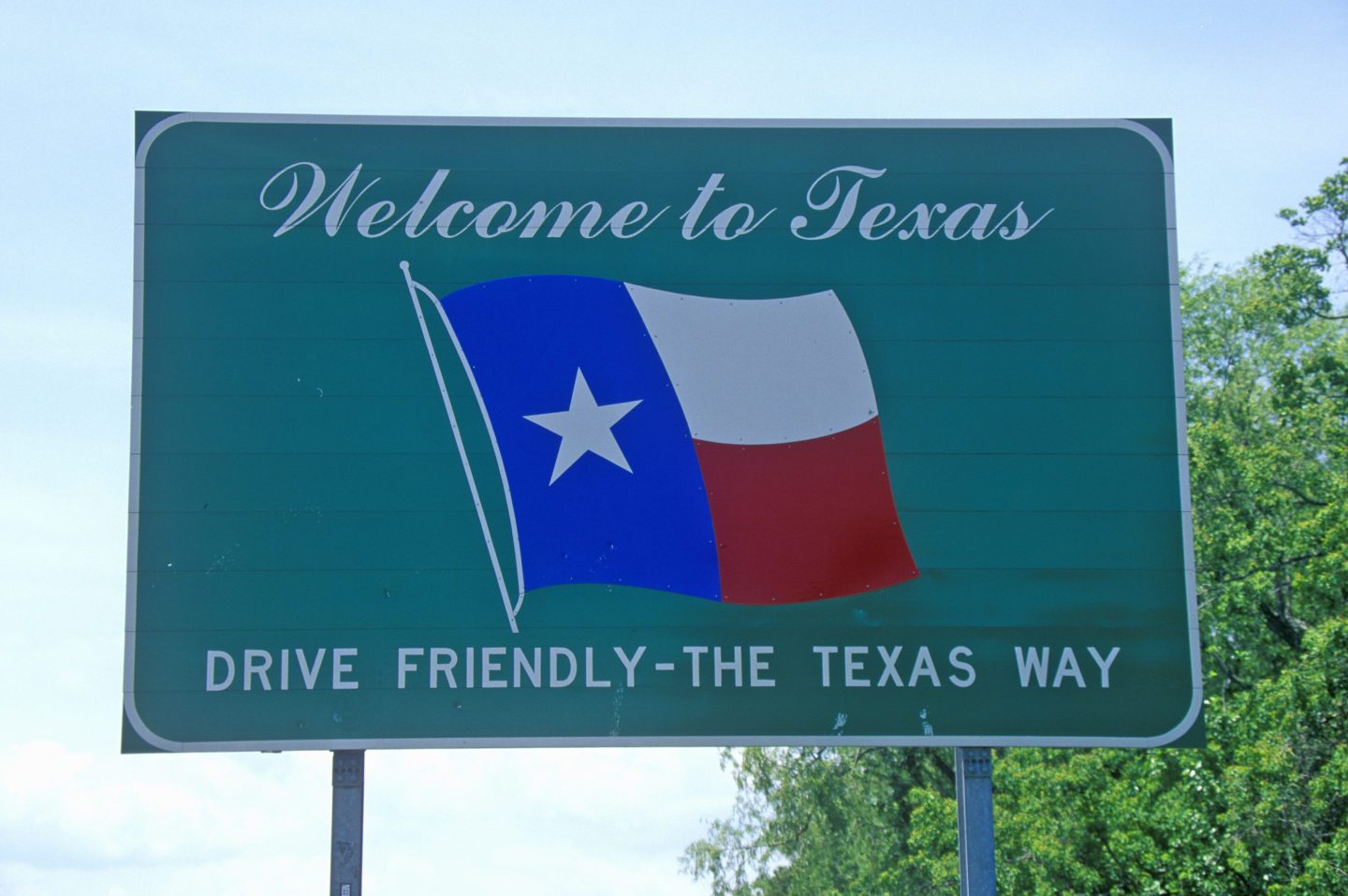| Founder and CEO Michael Dell. Image: Dell |
Michael Dell’s old game plan was ruthless and effective: Crush competitors by building products at a lower cost, and using the Internet to pass the savings on to value-conscious customers. That strategy made his namesake company a darling of the first Internet boom and the largest computer maker in the world.
But times have changed. In recent years archrival Hewlett-Packard (HPQ) has stolen Dell’s (DELL) global PC crown by using HP’s larger size to cut costs and its retail relationships to grow sales. And while Dell has struggled, companies like Apple (AAPL) are using design savvy to simplify computing experience through devices like the iPod and iPhone.
To face these challenges, Dell is changing too – and there’s no clearer sign than the company’s announcement Monday that it intends to buy privately held data storage provider EqualLogic for $1.4 billion. The size of the deal is remarkable for a company that once dismissed big acquisitions as unworkable. EqualLogic not only marks the biggest acquisition in Dell’s history, but also the most any company has paid in cash for a venture-backed startup. The deal is expected to close in February, and Dell expects to keep most of the company’s nearly 400 employees.
Microsoft’s Zune: The sequel (Photos 1-4)
The change is more than just talk. The move to buy EqualLogic shows Dell is willing to place billion-dollar bets on a different way of doing things. The old Dell didn’t do many big purchases; when IBM (IBM) sold its PC business to Lenovo, CNET quoted Michael Dell saying, “We’re not big fans of the idea of taking companies and smashing them together. … When was the last time you saw a successful acquisition or merger in the computer industry?”
Explaining why Dell is making the move, executives say buying EqualLogic fits the company’s new emphasis on simplicity. Nashua, N.H.-based EqualLogic uses hardware and software to help organizations like Fidelity Bank and Yale University more deftly manage their sea of digital information by allowing them to access data faster and pinpoint problems. EqualLogic’s technology for creating storage area networks is known for being easy to upgrade and having an easy-to-use interface. Dell will incorporate it into future versions of its PowerVault storage line.
The best-designed Bluetooth gear (Photos 1-8)
 |
| SVP of Business Product Group, Brad Anderson. Image: Dell |
Such storage technology is a fast-growing area for Dell. The company says sales for the segment recently have grown 24 percent year-over-year. Better yet, EqualLogic’s area of specialization in storage, a method called iSCSI that uses Ethernet to move data instead of a more common method called fibre channel, is projected to be the fastest-growing segment of the market. Dell plans to continue to sell EMC’s (EMC) fibre-channel based storage solutions as well.
EqualLogic’s technology isn’t cheap for companies to buy; but that fits Dell’s new strategy, too. Rather than focus mainly low prices as its selling point for customers, Dell is seeking to position itself as an innovator that will streamline the maddening process of buying and maintaining business technology. This is a change in strategy for Dell, whose competitors have traditionally criticized the company for running a tight operation but not fostering innovation.
“It’s fair historically, if you go back a year or so, that you would have thought of Dell as more of a fast follower,” said Brad Anderson, senior vice president of Dell’s business product group. “But we recognize that if we want to solve our customers’ problems and provide leadership, we’re going to need to jump in very early.”
It’s a message that comes straight from the top, now that Michael Dell has retaken the reins as CEO.
“With Michael coming back, things are a little bit different,” Anderson, said. “Company-wide, we are driving IT simplification very hard. It is our strategy; it is our mission. It’s also driving a cultural change within Dell.”











